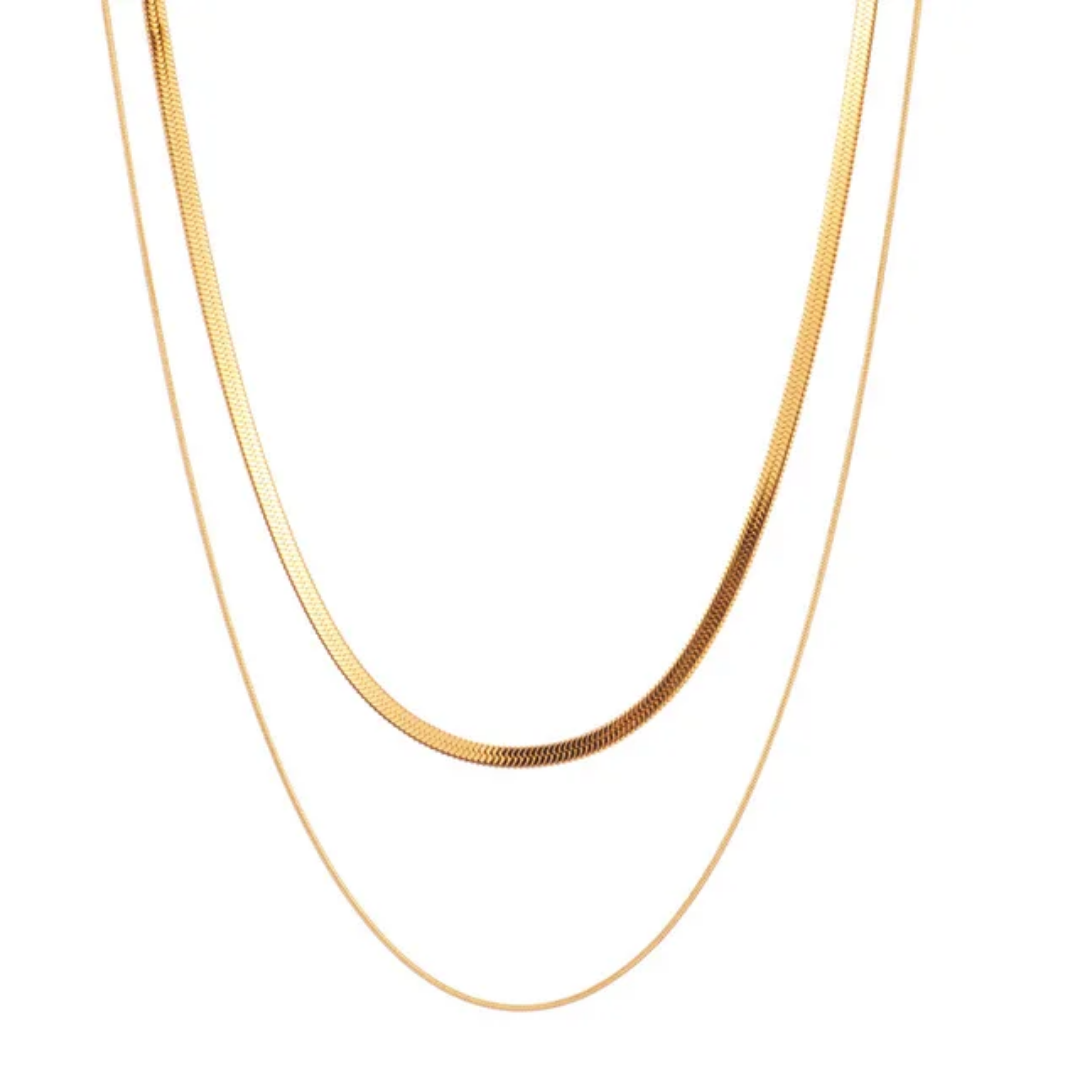This is a beautiful reminder of the 5 pillars of Islam:
1. What is Shahadah?
Shahadah means declaration of faith and dedication to the belief that there is only one God, Allah (SWT), and that He sent His Messenger, Prophet Muhammad (PBUH), to guide humankind. As the first of the Five Pillars of Islam, Shahadah is one of the most important and acts as the fundamental step towards submission to Allah (SWT) and announcing one’s intention as a true follower of the faith. Reverts to Islam are also required to take Shahadah as their first act of joining Islam. This serves as an affirmation of their commitment to the faith.
2. What is Salah?
Salah is the second pillar of Islam and the act of obligatory daily prayer that is observed five times a day at set times. The five prayer times fall between dawn and midnight, although the times change depending on where you are in the world and the time of year. The prayers in order are as follows:
-
Fajr – starts at dawn and ends at sunrise.
-
Zuhr – mid-day, starts once the sun has passed the highest point and lasts until Asr.
-
Asr – begins in the late afternoon and ends a little before the sun begins to set.
-
Maghrib - starts after sunset once the sun dips below the horizon.
-
Isha – starts after Maghrib time (the disappearance of red afterglow) and lasts until midnight.
3. What is Zakah?
In the literal sense, Zakah means ‘to cleanse’ or ‘to purify.’ Zakah is an obligatory charity in Islam. It is a way of worshipping Allah (SWT) by giving what He has ordained to those eligible in the light of the Qur’an. Every year, Muslims pay a 2.5% share of their held wealth (cash, property, gold, and silver) over a certain threshold to help the less fortunate.
Zakah purifies wealth and helps it grow literally and metaphorically, according to Islamic principles. Donating from one’s wealth protects a person from problems, and Allah increases his provision because of his charity giving.
“Wealth never decreases because of charity.” [Muslim, 2588]
4. What is Sawm?
The term Sawm means to fast. Fasting during the holy month of Ramadan is more than simply avoiding food. It is the practice of discipline and abstaining from temptations and bad habits. From dawn to sunset, able Muslims should avoid food and drink (including water), sexual activity, smoking, intoxication, and any impure thoughts. Throughout Ramadan and the rest of the year, believers strive hard to refrain from acts of evil and causing harm to others.
The length of the fasting day varies according to daylight hours in a particular region. The days are longer in summer but shorter in winter. The heat can make it difficult to fast, and special care needs to be taken to avoid fatigue and dehydration during hot weather.
There are two meals the believers eat in Ramadan – Suhoor and Iftar. Suhoor is the pre-dawn meal and is highly encouraged to be eaten before beginning the fast. Iftar is the meal eaten just after sunset at the time of breaking the fast. The daily fast is traditionally broken with dates, which carry numerous health benefits.
Ramadan is an incredibly auspicious month in which the initial verses of the Holy Qur’an were revealed to Prophet Muhammad (PBUH) as a guide for all humanity. This happened during the final 10 nights of Ramadan on Laylat-al-Qadr (the Night of Power), which holds great significance in Islam.
An important purpose of fasting is to attain taqwa (closeness to Allah (SWT)) - to establish a strong connection with Allah (SWT). The month itself holds countless rewards for those who seek forgiveness and the pleasure of Allah (SWT).
Certain individuals have been granted exemption from fasting - including those who are ill, those travelling, women expecting a child, breastfeeding mothers, and those who are underage or going through extreme old age. In most cases, missed fasts have to be made up later, but those unable to do so have to pay fidya.
5. What is Hajj?
The fifth and final pillar of Islam is Hajj, the pilgrimage to Mecca. It is a time when Muslims from around the world congregate in Mecca to worship Allah (SWT) and perform several rituals to strengthen their faith and devotion. Pilgrims must wear plain white clothing and enter a spiritual state of holiness known as Ihram. Ihram helps promote unity amongst the Ummah in attendance, for no man or woman, rich or poor, resident or traveller, stands above another. Regardless of age, ethnicity, status, and race, we are all equal in the sight of Allah (SWT).
Exclusive to Inaayah Online
Makes a beautiful gift for yourself or loved one
18k gold plated or silver stainless steel.
Tarnish free
length :16.5cm















